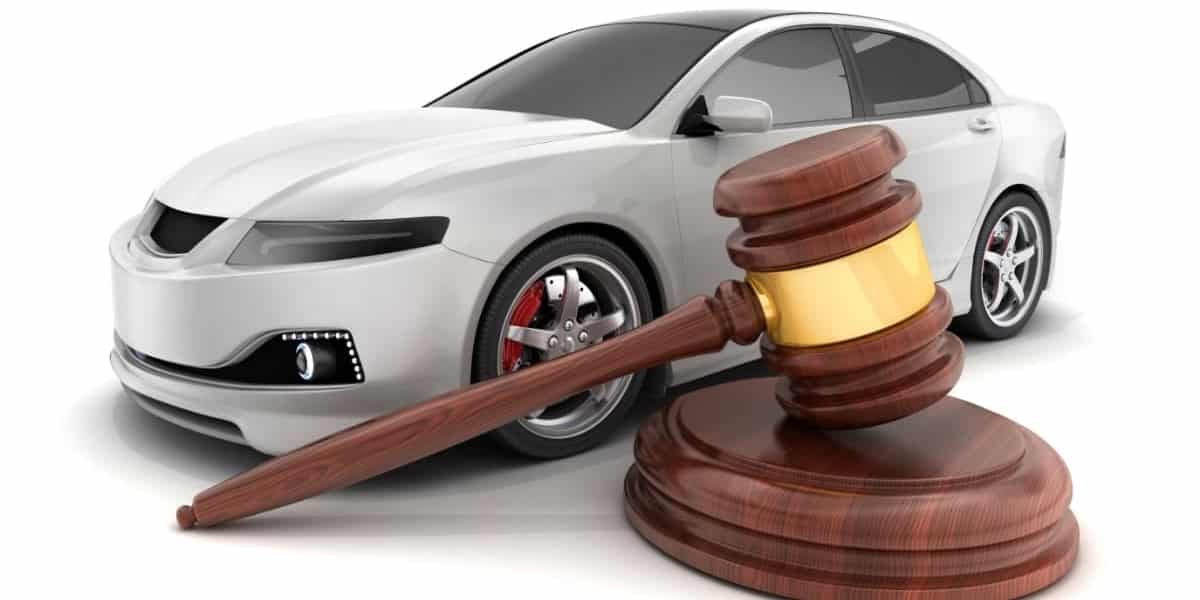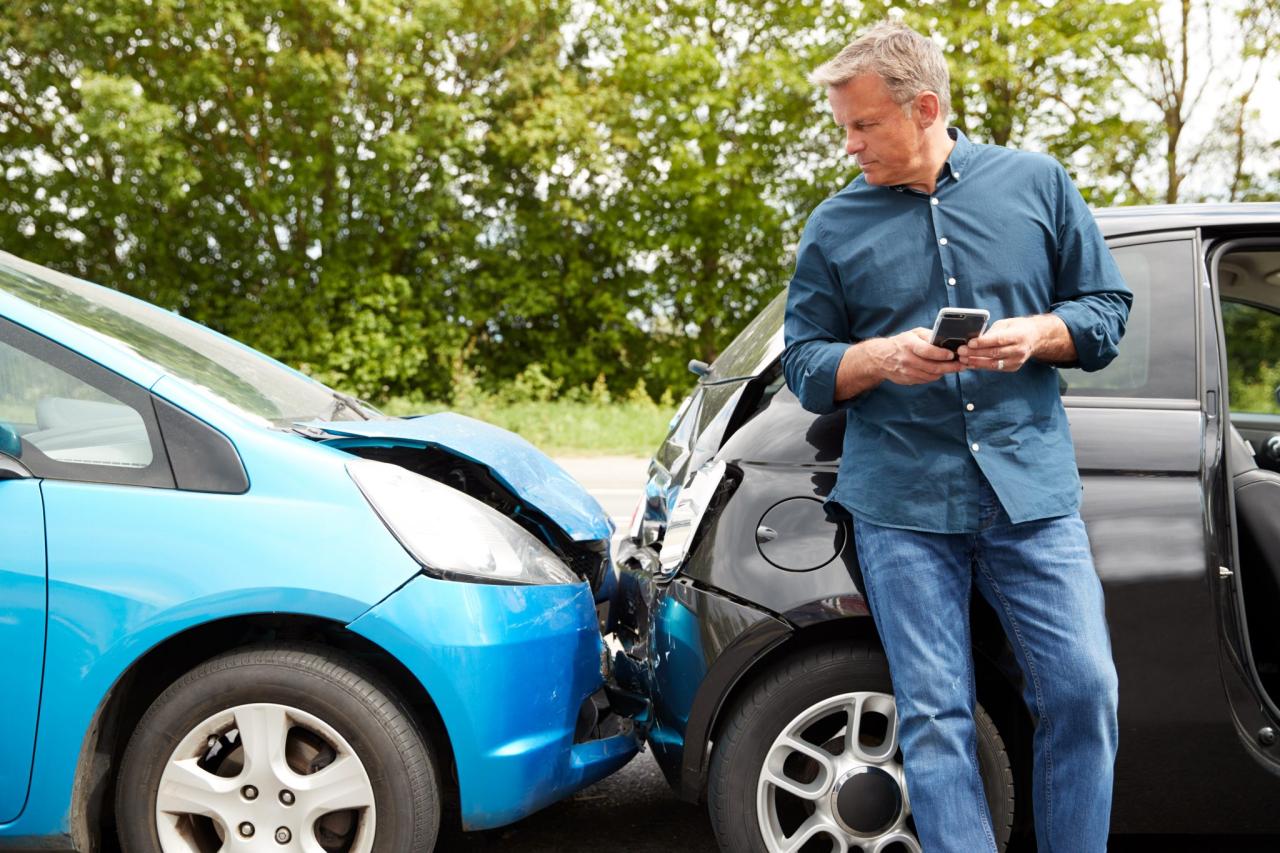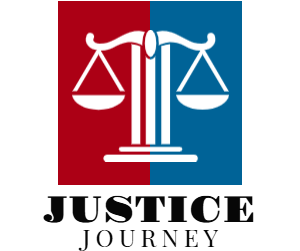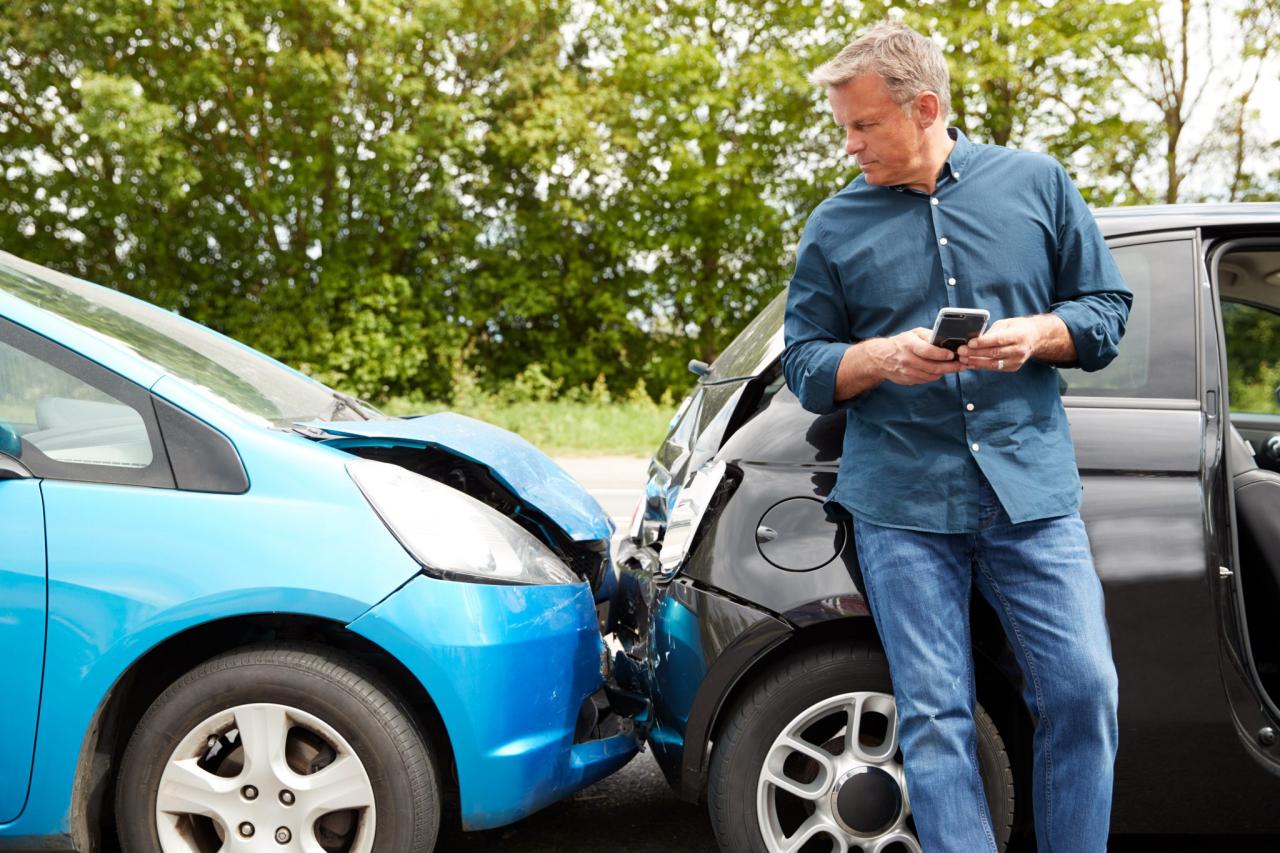Good lawyers near me for car accidents are essential for navigating the complex legal landscape following a car accident. After a collision, the immediate focus is often on physical well-being and dealing with the aftermath. However, it’s crucial to understand that legal matters can significantly impact your recovery and future. Finding a qualified and experienced lawyer can be a critical step in protecting your rights and securing fair compensation for your injuries, damages, and lost wages.
This guide aims to equip you with the knowledge and resources necessary to make informed decisions about legal representation. We’ll explore the intricacies of car accident law, delve into the process of selecting the right lawyer, and provide insights on navigating the legal system effectively.
Understanding Car Accident Law
Car accidents can be traumatic and overwhelming. It’s essential to understand the legal principles that govern these situations to protect your rights and seek fair compensation. This section will provide a basic overview of car accident law, including negligence, liability, and damages.
Negligence and Liability
Negligence is the foundation of most car accident claims. To prove negligence, you must demonstrate that the other driver (or party) owed you a duty of care, breached that duty, and caused your injuries.
- Duty of Care: Drivers have a legal obligation to operate their vehicles safely and avoid causing harm to others. This includes obeying traffic laws, driving at a safe speed, and being aware of their surroundings.
- Breach of Duty: A breach occurs when a driver fails to meet the required standard of care. Examples include speeding, running red lights, driving under the influence, or texting while driving.
- Causation: The breach of duty must directly cause your injuries or damages. For example, if a driver runs a red light and crashes into your vehicle, causing injuries, their negligence directly caused your injuries.
Types of Damages
Damages are the financial compensation you may be entitled to for your injuries and losses.
- Economic Damages: These are quantifiable losses, such as medical expenses, lost wages, property damage, and rehabilitation costs.
- Non-Economic Damages: These are more subjective and intangible losses, such as pain and suffering, emotional distress, loss of consortium (companionship), and disfigurement.
Common Car Accident Scenarios
Here are some common car accident scenarios and how they are handled legally:
- Rear-End Collisions: The driver who rear-ends another vehicle is typically found liable for the accident. However, there are exceptions, such as if the driver in front stopped abruptly without warning or was driving recklessly.
- Intersection Accidents: Determining liability in intersection accidents often depends on who had the right of way. If one driver runs a red light or fails to yield, they are usually held liable. However, there are situations where both drivers may share liability.
- Hit-and-Run Accidents: If a driver leaves the scene of an accident without providing information or assistance, they can face criminal charges and civil liability. The injured party may need to rely on evidence like witness statements or security footage to identify the at-fault driver.
Types of Claims, Good lawyers near me for car accidents
Depending on the circumstances, you may be able to file different types of claims after a car accident:
- Personal Injury Claims: These claims seek compensation for physical injuries, emotional distress, and other damages resulting from the accident.
- Property Damage Claims: These claims seek compensation for damage to your vehicle or other property involved in the accident.
- Wrongful Death Claims: If a car accident results in a fatality, surviving family members may file a wrongful death claim to seek compensation for their losses.
Choosing the Right Lawyer
After a car accident, it’s important to have a qualified lawyer on your side to navigate the legal process and protect your rights. Finding the right lawyer can be a challenging task, but with some research and careful consideration, you can find an attorney who will be a strong advocate for you.
Importance of Experience, Specialization, and Reputation
Experience, specialization, and reputation are crucial factors to consider when choosing a car accident lawyer. These factors directly impact the lawyer’s ability to effectively represent your case.
- Experience: An experienced lawyer has a deep understanding of car accident laws and procedures, enabling them to navigate complex cases effectively. They have likely handled numerous similar cases, giving them valuable insights and strategies.
- Specialization: A lawyer specializing in car accidents possesses in-depth knowledge of this specific area of law. They are familiar with the nuances and complexities of these cases, allowing them to develop tailored strategies for your unique situation.
- Reputation: A lawyer with a strong reputation is known for their professionalism, competence, and successful track record. This can be gauged through online reviews, bar association ratings, and referrals from other professionals.
Legal Fees Associated with Car Accident Cases
Understanding the different types of legal fees associated with car accident cases is essential for budgeting and making informed decisions.
- Contingency Fee: This is the most common fee structure for car accident cases. The lawyer receives a percentage of any settlement or court award you receive. The percentage is typically between 33% and 40%, and the lawyer only gets paid if you win your case.
- Hourly Rate: Some lawyers charge an hourly rate for their services. This means you pay for every hour they spend working on your case. Hourly rates can vary depending on the lawyer’s experience and location.
- Flat Fee: Some lawyers offer flat fees for specific services, such as filing a lawsuit or negotiating a settlement. Flat fees can be a good option if you need a specific service and want to know the exact cost upfront.
The Legal Process After an Accident
Following a car accident, navigating the legal process can be overwhelming. Understanding the steps involved, the role of a lawyer, and the typical timeline can help you make informed decisions and protect your rights.
Filing a Car Accident Claim
After a car accident, it’s crucial to document the incident thoroughly and file a claim with your insurance company. This involves gathering evidence, negotiating with the insurance company, and potentially preparing for litigation.
- Gather Evidence: This includes taking photos of the accident scene, vehicle damage, and injuries, as well as obtaining contact information from witnesses. You should also report the accident to the police and seek medical attention immediately.
- Negotiate with the Insurance Company: Once you’ve filed a claim, your insurance company will investigate the accident and determine the extent of your damages. You may need to negotiate with them to reach a fair settlement. Your lawyer can assist you in this process.
- Prepare for Potential Litigation: If you and the insurance company can’t reach an agreement, you may need to file a lawsuit. Your lawyer will prepare a case by gathering evidence, deposing witnesses, and arguing your case in court.
The Role of a Lawyer
A lawyer plays a crucial role in guiding you through the legal process after a car accident. Their expertise can help you navigate the complexities of insurance claims, protect your rights, and maximize your compensation.
- Gathering Evidence: Your lawyer can help you gather the necessary evidence to support your claim, including police reports, medical records, and witness statements.
- Negotiating with Insurance Companies: Your lawyer can negotiate with insurance companies on your behalf to ensure you receive a fair settlement. They have experience in dealing with insurance adjusters and know how to advocate for your best interests.
- Preparing for Litigation: If you need to file a lawsuit, your lawyer will handle all aspects of the legal process, including filing paperwork, preparing for court hearings, and representing you in court.
Timeline for a Car Accident Case
The duration of a car accident case can vary depending on the complexity of the case, the availability of evidence, and the willingness of parties to settle. However, a typical timeline for a car accident case can range from a few months to several years.
A car accident case that involves minor injuries and straightforward insurance claims may be resolved within a few months. However, cases involving serious injuries, complex insurance disputes, or litigation can take several years to resolve.
Common Car Accident Injuries
Car accidents can result in a wide range of injuries, some of which may have long-lasting effects on the victim’s life. Understanding the common injuries sustained in car accidents can help victims understand the potential consequences of their injuries and the importance of seeking legal counsel.
Whiplash
Whiplash is a common injury that occurs when the head is suddenly jolted back and forth, often during a rear-end collision. This sudden movement can strain the muscles, ligaments, and tendons in the neck, causing pain, stiffness, and headaches.
Back Injuries
Back injuries are also common in car accidents, especially in collisions involving significant force. These injuries can range from minor muscle strains to serious spinal cord injuries, which can lead to paralysis.
Head Trauma
Head trauma, also known as a traumatic brain injury (TBI), can occur in car accidents due to the impact of the head against the steering wheel, dashboard, or other objects inside the vehicle. The severity of a TBI can vary greatly, from mild concussions to severe brain damage.
Other Common Injuries
- Broken bones: Fractures can occur in any part of the body, but are most common in the arms, legs, and ribs.
- Soft tissue injuries: These injuries involve damage to muscles, ligaments, and tendons, and can cause pain, swelling, and bruising.
- Internal injuries: Internal bleeding, organ damage, and other internal injuries can occur in severe car accidents.
Impact of Injuries on Life and Work
The impact of car accident injuries on a victim’s life and ability to work can be significant.
- Pain and discomfort: Many car accident injuries cause chronic pain and discomfort, which can make it difficult to perform daily tasks and participate in activities they once enjoyed.
- Limited mobility: Injuries such as whiplash, back injuries, and broken bones can limit a victim’s mobility, making it difficult to walk, stand, or sit for long periods.
- Loss of income: Car accident injuries can prevent victims from working, resulting in lost wages and financial hardship.
- Psychological impact: Car accidents can cause psychological distress, such as anxiety, depression, and post-traumatic stress disorder (PTSD).
How a Lawyer Can Help
A lawyer can help car accident victims obtain compensation for their injuries and medical expenses.
- Negotiate with insurance companies: Insurance companies often try to minimize the amount of compensation they pay to victims. A lawyer can negotiate with the insurance company on your behalf to ensure you receive a fair settlement.
- File a lawsuit: If the insurance company refuses to offer a fair settlement, your lawyer can file a lawsuit against the at-fault driver.
- Represent you in court: If your case goes to trial, your lawyer will represent you in court and advocate for your rights.
Insurance Claims and Settlements: Good Lawyers Near Me For Car Accidents

After a car accident, navigating the insurance claims process can be overwhelming. This section will guide you through the steps involved in filing a claim, understanding different insurance coverages, and negotiating a fair settlement.
Filing a Car Accident Claim
Filing a claim with your insurance company is the first step in seeking compensation for your losses. The process typically involves the following steps:
- Report the Accident: Immediately contact your insurance company and report the accident, providing all necessary details, including the date, time, location, and parties involved.
- Gather Information: Collect all relevant information, such as police reports, witness statements, medical records, and photographs of the accident scene and vehicle damage.
- File the Claim: Submit a formal claim to your insurance company, including all supporting documentation. This is usually done online or by mail.
- Review the Claim: Your insurance company will review your claim, investigate the accident, and determine your coverage and liability.
- Negotiate a Settlement: If your claim is approved, you will negotiate a settlement with the insurance company for your losses, such as medical expenses, lost wages, and property damage.
Types of Car Accident Insurance Coverage
Several types of insurance coverage may apply to a car accident, each offering different benefits. Understanding these coverages is crucial when filing a claim:
- Liability Coverage: This coverage protects you if you are at fault in an accident. It covers the other driver’s damages, including medical expenses, property damage, and lost wages.
- Collision Coverage: This coverage pays for repairs or replacement of your vehicle if it’s damaged in an accident, regardless of fault. However, it usually comes with a deductible, which is the amount you pay out-of-pocket before the insurance company covers the rest.
- Personal Injury Protection (PIP): This coverage, often called “no-fault” insurance, pays for your medical expenses and lost wages, regardless of fault. It’s usually required in many states, and the coverage limits vary.
- Uninsured/Underinsured Motorist Coverage (UM/UIM): This coverage protects you if you’re involved in an accident with an uninsured or underinsured driver. It covers your losses, including medical expenses, property damage, and lost wages.
Negotiating a Fair Settlement
Negotiating a fair settlement with the insurance company can be challenging. Here are some tips to ensure you receive a reasonable amount:
- Document Your Losses: Keep meticulous records of all your expenses related to the accident, including medical bills, lost wages, and property damage.
- Seek Medical Attention: Promptly seek medical attention for any injuries sustained in the accident, even if they seem minor. This will ensure proper documentation and treatment.
- Be Prepared to Negotiate: Insurance companies often offer initial settlements that are significantly lower than the actual value of your losses. Be prepared to negotiate and justify your claim.
- Consider Legal Counsel: If you’re struggling to negotiate a fair settlement or if the insurance company is being difficult, consider consulting with an experienced car accident lawyer. They can help you navigate the legal process and protect your rights.
Legal Resources and Support
Navigating the legal complexities of a car accident can be overwhelming, especially when you’re dealing with injuries and insurance claims. Fortunately, various resources are available to provide guidance and support during this challenging time.
Several organizations and government agencies offer legal assistance to victims of car accidents. These resources can provide information, support, and even legal representation to help you navigate the legal process and protect your rights.
Finding a good lawyer near you after a car accident can be stressful. It’s important to find someone who can help you navigate the legal complexities and fight for your rights. Many law firms offer free consultations, so you can discuss your case and see if they’re the right fit. If you’re looking for a lawyer who can help you get the compensation you deserve, you can find free car accident lawyers near me to get started.
Remember, having a good lawyer by your side can make a significant difference in the outcome of your case.
Local Legal Aid Organizations
Local legal aid organizations provide free or low-cost legal services to individuals who cannot afford legal representation. These organizations often have attorneys specializing in personal injury law, including car accidents.
Finding the right legal representation after a car accident is crucial. You want someone experienced and dedicated to getting you the compensation you deserve. If you’re looking for skilled professionals, searching for “car accident lawyers near me” can help you find the right legal team. By searching for “car accident lawyers near me” on legaleagle.biz.id , you can access a network of qualified lawyers in your area who specialize in car accident cases.
- Legal Aid Society of New York – Phone: (212) 349-1300 – Website: https://www.legalaidnyc.org/ – Address: 199 Water Street, New York, NY 10038
- Chicago Legal Aid to the Homeless – Phone: (312) 263-1000 – Website: https://www.chicagohomeless.org/ – Address: 30 N. LaSalle Street, Suite 1000, Chicago, IL 60602
- Los Angeles Legal Aid Foundation – Phone: (213) 201-2000 – Website: https://www.la-legal.org/ – Address: 350 S. Bixel Street, Los Angeles, CA 90071
Government Agencies
Government agencies often offer resources and support to car accident victims. These agencies may provide information about your rights, access to legal services, and assistance with filing claims.
| Agency | Phone Number | Website | Address |
|---|---|---|---|
| National Highway Traffic Safety Administration (NHTSA) | (202) 366-0123 | https://www.nhtsa.gov/ | 1200 New Jersey Avenue, SE, Washington, DC 20590 |
| Federal Trade Commission (FTC) | (202) 326-2222 | https://www.ftc.gov/ | 600 Pennsylvania Avenue, NW, Washington, DC 20580 |
| Department of Transportation (DOT) | (202) 366-4000 | https://www.dot.gov/ | 1200 New Jersey Avenue, SE, Washington, DC 20590 |
Benefits of Seeking Legal Advice
Seeking legal advice from a qualified professional can provide several benefits, including:
- Understanding your rights: A lawyer can explain your legal rights and options after a car accident.
- Negotiating with insurance companies: A lawyer can help you negotiate a fair settlement with insurance companies.
- Filing a lawsuit: If a settlement cannot be reached, a lawyer can file a lawsuit on your behalf.
- Protecting your interests: A lawyer can protect your interests throughout the legal process.
Avoiding Common Mistakes
After a car accident, it’s natural to feel overwhelmed and unsure of what to do next. However, making certain mistakes can significantly hurt your chances of receiving fair compensation. This section highlights common mistakes car accident victims often make and provides tips to protect your legal rights.
Failing to Document the Accident
Documenting the accident thoroughly is crucial for building a strong case.
- Take pictures of the damage to your vehicle, the other vehicles involved, and the accident scene, including road signs, traffic lights, and any skid marks.
- Collect contact information from all parties involved, including witnesses, and obtain their written statements if possible.
- Note the date, time, and location of the accident, and any details about the weather conditions.
- If you have a dashcam, review the footage and save it as evidence.
Failing to document the accident can make it difficult to prove your claim and can weaken your legal position.
Your Rights as a Victim
After a car accident, it’s crucial to understand your legal rights as a victim. Knowing your rights empowers you to seek the compensation and justice you deserve.
Understanding Your Rights
Being involved in a car accident can be a traumatic experience. It’s essential to remember that you have legal rights that protect you. These rights ensure you are treated fairly and receive the support you need to recover.
Right to Compensation for Damages
If you were injured or your property was damaged due to someone else’s negligence, you have the right to seek compensation for your losses. This includes medical expenses, lost wages, pain and suffering, and property damage.
Right to Legal Representation
You have the right to hire an attorney to represent you in your car accident case. An attorney can help you understand your rights, negotiate with insurance companies, and fight for a fair settlement.
Right to File a Lawsuit
If you are unable to reach a fair settlement with the insurance company, you have the right to file a lawsuit against the at-fault driver. A lawsuit allows you to seek compensation through the court system.
Asserting Your Rights
It is crucial to assert your rights after a car accident. This means understanding your legal options, seeking legal advice, and taking appropriate action to protect your interests.
Examples of Successful Rights Protection
– A victim with severe injuries was able to obtain a significant settlement from the insurance company, covering medical expenses, lost wages, and pain and suffering.
– A driver whose car was totaled in an accident was able to recover the full value of the vehicle, as well as compensation for lost wages and other expenses.
– A pedestrian who was injured by a negligent driver was able to successfully file a lawsuit and receive compensation for their injuries.
Car Accident Prevention

While no one can guarantee a completely accident-free life on the road, taking proactive steps can significantly reduce the risk of car accidents. By understanding common causes and implementing preventive measures, drivers can create a safer environment for themselves and others.
Driving Defensively
Defensive driving is a proactive approach to driving that emphasizes anticipating potential hazards and taking steps to avoid them. It’s not about being overly cautious but about being prepared and ready to react to unexpected situations.
- Maintain a safe following distance: This allows you to react if the car in front of you suddenly brakes. A good rule of thumb is to keep at least three seconds between your car and the car in front of you.
- Be aware of your surroundings: Pay attention to other vehicles, pedestrians, cyclists, and road conditions. Avoid distractions like cell phones, texting, or eating while driving.
- Scan the road ahead: Look far ahead to anticipate potential hazards, such as traffic lights, stop signs, or construction zones.
- Be prepared to stop: Always be ready to brake or swerve to avoid a collision.
Following Traffic Laws
Traffic laws are designed to ensure safety on the roads. By strictly adhering to these regulations, drivers contribute to a safer driving environment for everyone.
- Obey speed limits: Speeding is one of the leading causes of car accidents. Always drive within the posted speed limit and adjust your speed based on road conditions.
- Stop at red lights and stop signs: Failure to do so can lead to serious accidents. Always come to a complete stop before proceeding through an intersection.
- Use turn signals: Signaling your intentions helps other drivers understand your movements and anticipate your actions, reducing the risk of collisions.
- Avoid driving under the influence of alcohol or drugs: Impaired driving is a major cause of car accidents. Always designate a sober driver or choose alternative transportation options.
Vehicle Maintenance
Regular vehicle maintenance is crucial for preventing accidents. Properly maintained vehicles are less likely to malfunction, reducing the risk of unexpected breakdowns or safety issues.
- Regular oil changes: Engine oil lubricates moving parts, preventing wear and tear. Neglecting oil changes can lead to engine damage and potential breakdowns.
- Tire pressure checks: Underinflated tires can lead to blowouts, while overinflated tires can affect handling and braking. Maintaining proper tire pressure is essential for safe driving.
- Brake inspections: Worn-out brake pads or rotors can compromise braking performance. Regular brake inspections and replacements are crucial for safe stopping.
- Headlight and taillight checks: Ensure all lights are working properly to ensure visibility to other drivers, especially during nighttime driving.
Driver Education
Formal driver education programs can provide valuable knowledge and skills that can help prevent accidents. These programs often cover topics such as defensive driving techniques, traffic laws, and hazard recognition.
- Defensive driving courses: These courses teach drivers how to anticipate potential hazards and react safely in various driving situations.
- Traffic law education: Understanding traffic laws is crucial for safe driving. Driver education programs provide comprehensive instruction on traffic rules and regulations.
- Hazard recognition training: Learning to identify potential hazards, such as slippery roads, distracted drivers, or poor visibility, is essential for preventing accidents.
Navigating the aftermath of a car accident can be overwhelming, but understanding your legal rights and options can empower you to make informed decisions. Seeking guidance from a qualified lawyer is crucial to protecting your interests and ensuring a fair outcome. Remember, a skilled legal advocate can help you navigate the complexities of the legal system, negotiate with insurance companies, and pursue the compensation you deserve.






